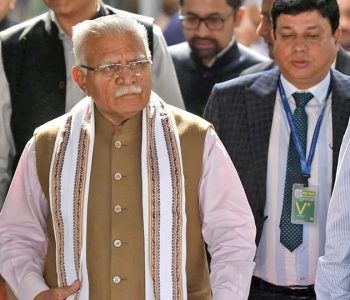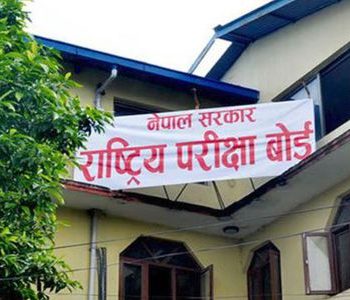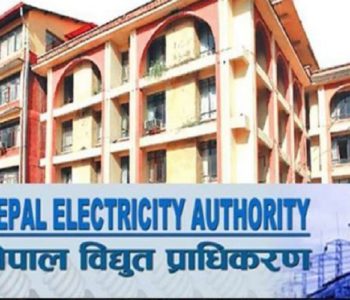SC cleared the way for opening second stock exchange platform

KATHMANDU: Given that the Supreme Court (SC) on Sunday cleared the way for the opening of a different secondary market, Nepal is likely to get a second stock exchange platform soon.
The concerned authority was given permission to issue the license for the second stock exchange market by a joint bench of justices from the Supreme Court, Anil Kumar Sinha and Sushma Lata Mathema.
Advocate Dipak Bikram Mishra had filed a writ to overturn the decision to grant the license after the Securities Board of Nepal (SEBON) called for applications.
Ramesh Kumar Hamal, the chairman of SEBON, stated that the regulator would proceed in accordance with the decision made at their upcoming board meeting.
The apex court similarly permits granting licenses to new brokerage firms and a commodity exchange. The SC had asked the relevant authorities not to carry out the distribution of these licenses in an interim order that was issued on October 22. .
The country’s stock exchange market has currently been home to the Nepal Stock Exchange (Nepse), which has been in operation for three decades.
With a joint investment from the government, Nepal Rastra Bank, and the previous Nepal Industrial Development Corporation, it was founded with a working capital of Rs 35 million. The Nepse has now increased its paid-up capital to Rs 1 billion. .
The SEBON had begun the process of issuing licenses to new stock exchange companies, stockbrokers, commodity exchange, remote work stations of brokerage companies, particular investment fund managers, and credit rating companies, among others. For stock brokerages, it has already received applications from 45 different companies.
For the new stock exchange, the SEBON has kept the required paid-up capital at Rs 3 billion. The holding amount requirement was previously 10% but is now 15%.
The licensing requirements have been updated by the SEBON through an amendment to the Securities Markets Regulations of 2007. A stockbroker company is now required to have Rs 200 million in paid-up capital in order to conduct business under the new regulation.













Facebook Comment